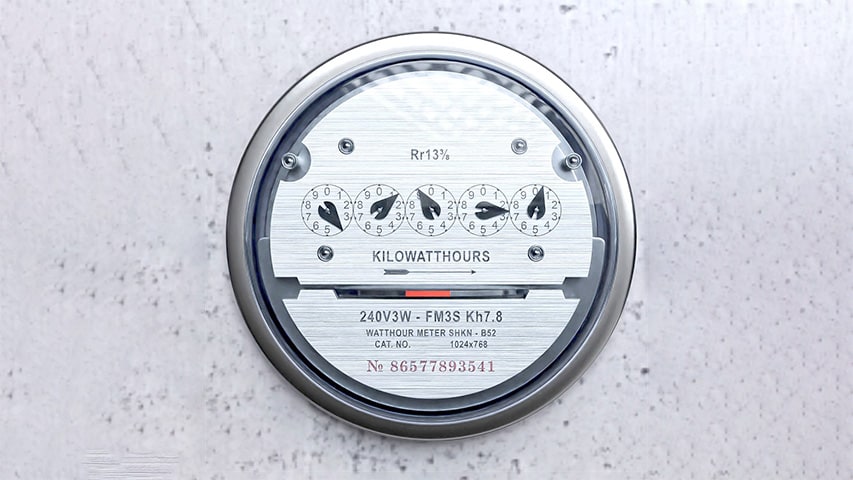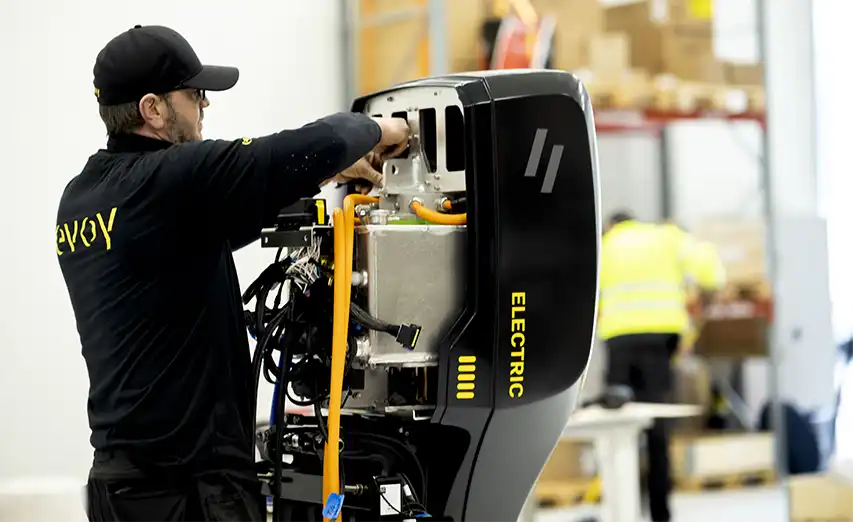
Table of Contents
Introduction
Electric outboard engines have been around for a few years now, but they are still not a great choice for Rigid Inflatable Boat (RIB) owners at the moment if you are looking for a high-power outboard.
Just to make sure, I’m all for technical innovations and all the people that make it happen. They have without any doubt my admiration and respect.
Electric Outboard Considered
These are often advertised as being more efficient and quieter than traditional gas engines, but there are still some major drawbacks to using them.
Although these kind of outboards are becoming somewhat more popular, at this moment, they are not the better choice for a number of reasons.
Here are a few reasons why high-power electric outboard engines are not a good choice at this moment:
- Cost: Electric outboard engines tend to be much more expensive than their gas-powered counterparts. This added cost may not be worth the benefits of a quieter and more efficient engine.
- Range: The range of an electric outboard engine is limited. This means that if you plan on being out on the water for more than a few hours, you may not be able to reach your destination. The large weight of batteries for high-power engines also seriously affects the size of the radius of action.
- Recharging: Find in your port the charging station and wait, wait wait. They require frequent charging and watersports will require more precious power. They can also cause extremely fierce and very toxic fires when overcharging.
- Maintenance: Electric outboard engines require more maintenance than gas-powered engines. They have more complex electronics and need to be regularly serviced to keep them running properly.
- Battery Life: Electric outboard engines are powered by very expensive lithium-ion batteries, and these batteries have a limited lifespan. Replacing a battery can be very expensive and time consuming.
So Why Not at This Moment
Electric outboards may be more efficient and quieter than traditional gas-powered engines, but the added cost, extra weight and maintenance requirements make them a less attractive option.
Do the math and look for a similar outboard you have installed and replace it with an electric one with the same horsepower: costs and range. Also take n account the extra weight.
Until high-power electric outboard engines and the batteries become more reliable and cost effective they are not a great choice for most boat owners.
The infrastructure at ports is currently inadequate.
A Brief History of the Widely Used Lithium-ion Battery
The history of battery technology can be traced back to the early 1800s, when Italian physicist Alessandro Volta invented the first battery.
Since then, battery technology has evolved rapidly. Lead-acid batteries were developed in the 1870s, and the first rechargeable nickel-cadmium battery was invented in the early 1900s.
In the 1950s, alkaline batteries became widely available.
The first lithium-ion battery was developed in the late 1970s and has since become the most popular type of battery.
In recent years, battery technology has continued to evolve, with the development of ultra-thin batteries, nanotechnology-based batteries, and flexible batteries.
Evoy’s 300 hp Beast
The newly presented high-power Evoy 300 hp comes with an exuberant price: € 74,900 for the engine and another € 79,800 for the basic battery pack (source New Atlas). Not count ing the price of your boat the boat and a trailer that can carry the massive extra load.
That € 154,700 is actulally the price for two 6 or 7 meter RIBs ready to go.

Mercury released its first model outboard engine, Avator, and Vision Marine is also competing with its 180 hp outboard. There are more companies like Torquedo that are producing smaller ones.
Why Are They So Expensive
One of the main reasons why electric outboard engines are so expensive is due to their advanced technology.
They are designed with a sophisticated motor and battery system, which requires a significant investment in research and development.
This technology is essential for electric outboard engines to provide the same power and performance as their gasoline-powered counterparts.
Batteries are not cheap, and the more powerful the lithium-ion battery, the more expensive it will be. By the way, the price of lithium has skyrocketed since the mid-2020s.
These engines require special components and manufacturing processes that are not needed in traditional gasoline-powered outboards. This adds to the cost of production, which is ultimately passed onto the consumer.
Conclusion
Electric outboards are still relatively new, so they have not been tested in a variety of conditions, and the technology is still developing, so it is hard to predict their long-term reliability.
Therefore, I don’t see a significant shift in the leisure sector today. It may be more interesting for the B2B market now.
But there might be a light at the end of the lithium-ion tunnel, the sodium-ion battery.
And what about the oft-in-the-news hydrogen as fuel? You can read my other article on Hydrogen versus electric.



